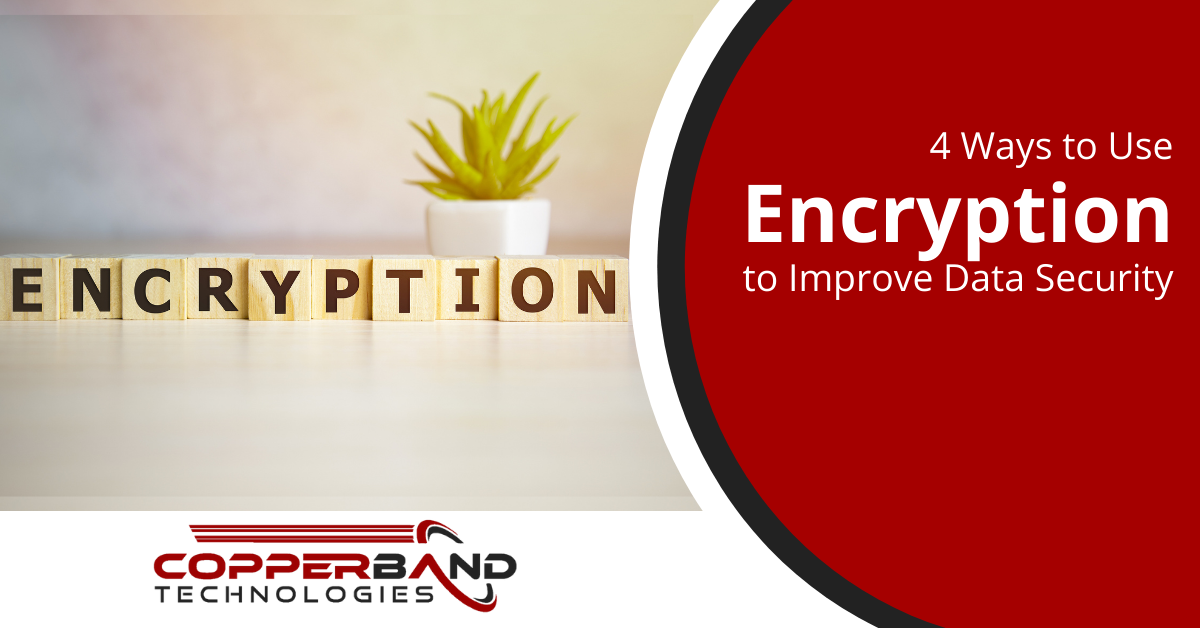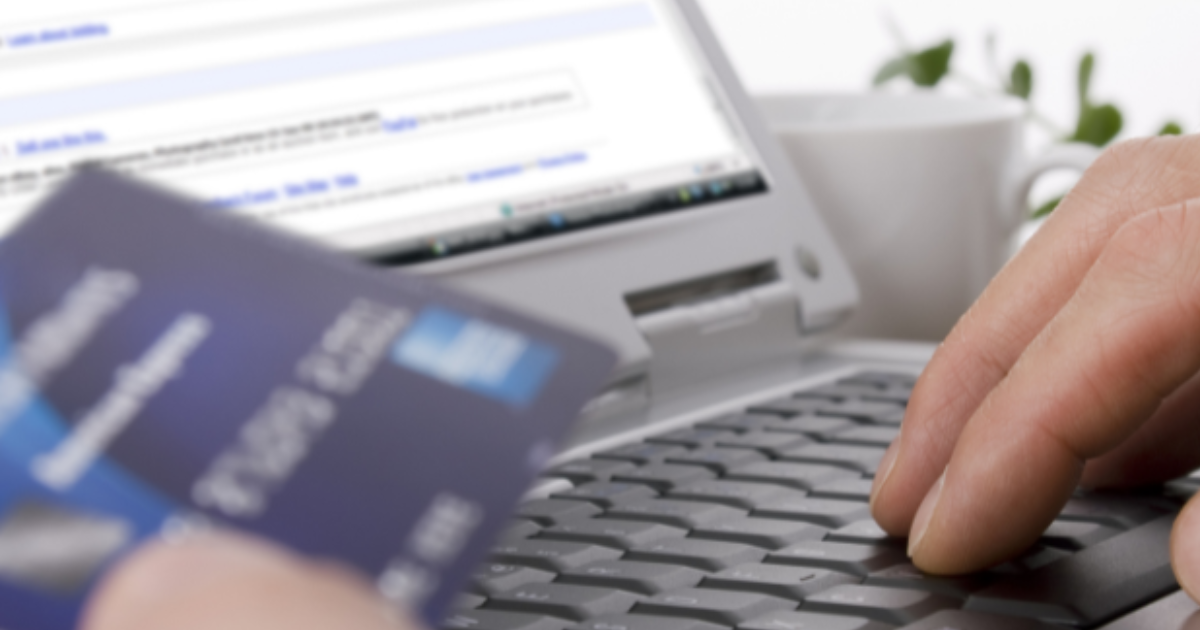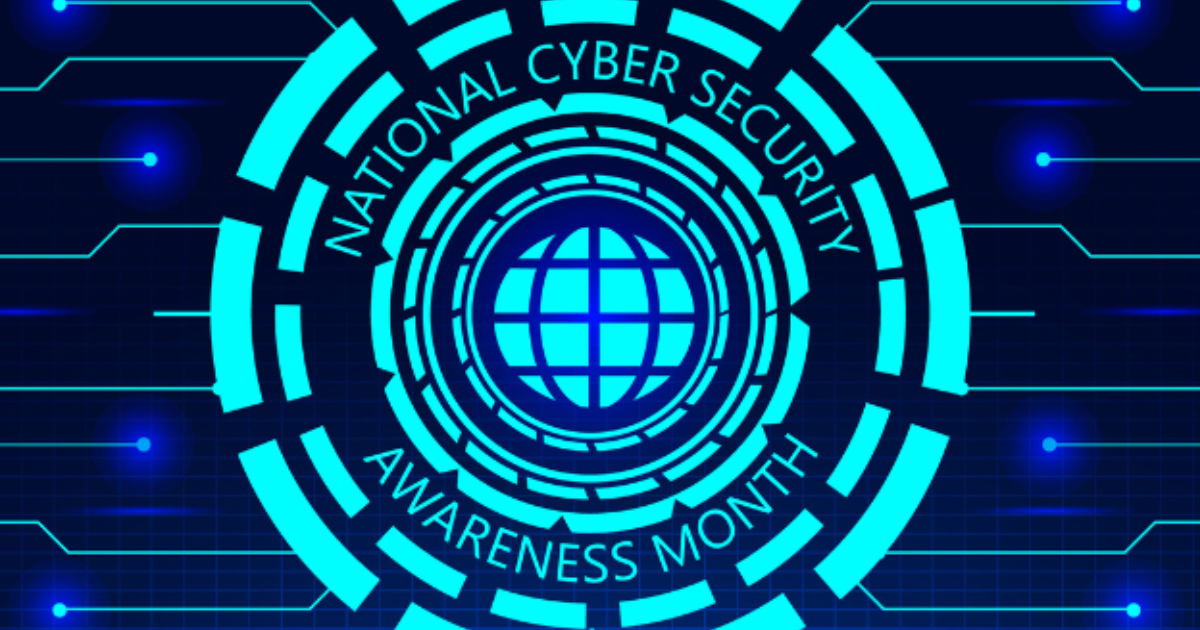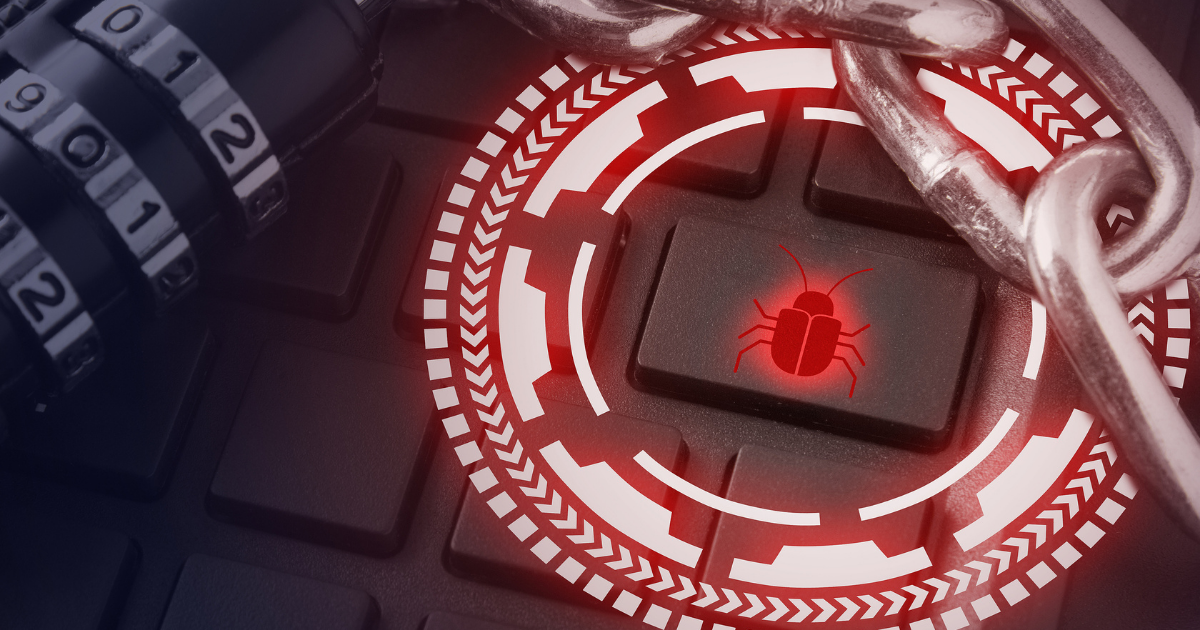4 Ways to Use Encryption to Improve Data Security

2020 saw a banner year for cyberattacks as attackers took advantage of the disruption caused by the pandemic. Coronavirus-related phishing was up 667% and overall cybercrime reports increased 400%, according to the FBI. Also on the rise is the cost to businesses when they’re hit by ransomware, malware, or another type of attack. The current average cost of a ransomware attack on a business is $133,000. That’s a cost that many smaller businesses can’t absorb, especially if they’re still recovering from the pandemic. So, one data breach can put them out of business for good. When you’re building your layers of cybersecurity, you need to consider several different protections, beyond the most obvious. Some of the most common technology protections companies will use are:
- Antivirus/anti-malware
- Firewall
- Managed services for patch/update management
- DNS and email filter
- Password protection through multi-factor authentication
But another important layer that’s not used as often is encryption.
How Data Encryption Works
Data encryption involves using an encryption key to “scramble” data so that it cannot be read. To clarify, only those who have the key to decrypt the data can access it. Additionally, encryption can be done for data being stored or transmitted in multiple ways, on hard drives, websites, internet networks, and more. Two methods can be used for all types of encryption. These include:
- Symmetric Encryption: The same key is used to both encrypt and decrypt data.
- Asymmetric Encryption: A public key is used to encrypt data. Additionally, a secret (or private) key is used to decrypt data.
When some people hear about encryption, they think it’s something that only the military or large corporations might use to protect top-secret information. But actually, encryption is used in everyday activities all the time to secure data and keep it from being compromised.
How to Incorporate Data Encryption Into Your Business
There are many helpful ways that your business can incorporate encryption into your daily business processes to protect yourself from a breach. Moreover, they aren’t overly expensive and many are simple to implement.
Use of a Business VPN
Teams are becoming more remote due to the pandemic sending many people home to telecommute. This puts additional demand on a company’s network security because they now must account for remote employeesconnecting through home Wi-Fi with varying levels of protection. The easiest way to secure all your team’s connections to business data, no matter where they are connecting from, is to use a business virtual private network (VPN). A VPN application is easily downloaded onto a computer or mobile device. Those servers encrypt the data being transmitted because the user’s internet connection is routed through the VPN servers. This ensures that even if connected to public Wi-Fi, hackers can’t read any of the data being transmitted.
Wi-Fi 6 Router with WPA3
Another way to secure networks is to use the newest generation of a router, Wi-Fi 6, which includes the WPA3security standard. Because this security standard is a big step up from the previous version, it includes increased cryptographic strength for extremely sensitive data. The enterprise version includes authenticated encryption of 256-bit Galois/Counter Mode Protocol (GCMP-256).
Laptop Hard Drive Encryption
Laptops are often used instead of desktops because of their portability. But that portability can also lead to a massive data breach if a laptop is lost or stolen. Think of all the different types of data that a thief could access with a company laptop. Some of these include:
- Saved usernames/passwords stored in a browser
- Files stored on a hard drive
- Files in synced cloud accounts
- Company contacts
- Access to accounts with persistent logins (apps that don’t log you out, like LinkedIn)
Hard drive encryption can be done through software like BitLocker or a hardware device. For example, it encrypts the entire hard drive, meaning a thief won’t even be able to properly boot and load the desktop environment.
Email Encryption
Email is the #1 method used for office communications, both internally and externally. Anything you send in an unencrypted email could be intercepted by a hacker. Using a tool like Microsoft 365, you can enable encryption of email messages and their attachments. This means that only the intended recipient has access to the key that will decrypt the email contents. Emails can be encrypted manually, once the feature is enabled in a program like Outlook. It can also be enacted automatically through the use of security policies and a feature like sensitivity labels, which allows you to designate automated protections when a document or email has a specific label applied.
Protect Your Data & Your Company by Using Encryption
Copperband Technologies can help your southern Kentucky or Middle Tennessee business find ways to affordably incorporate data encryption into your workflows to keep you better protected from a costly breach. Contact us today to schedule a consultation! Call 931.263.8000 or email us.






